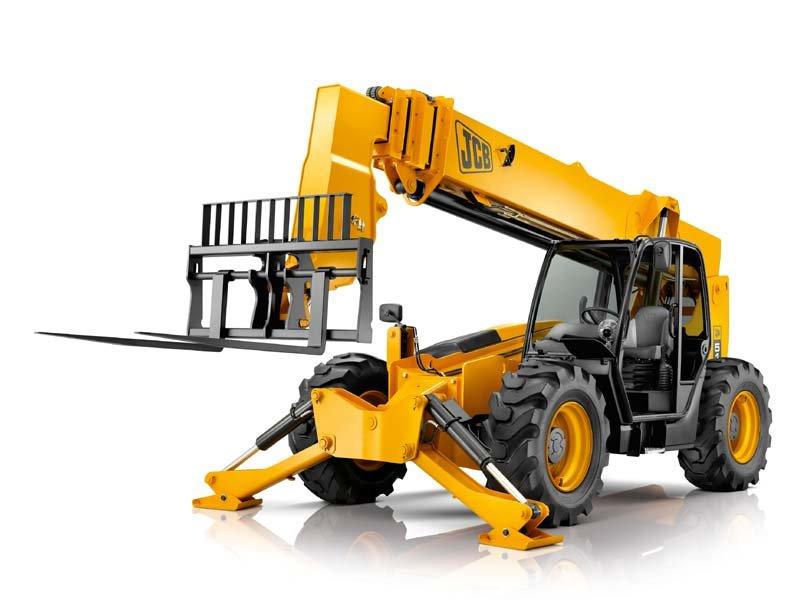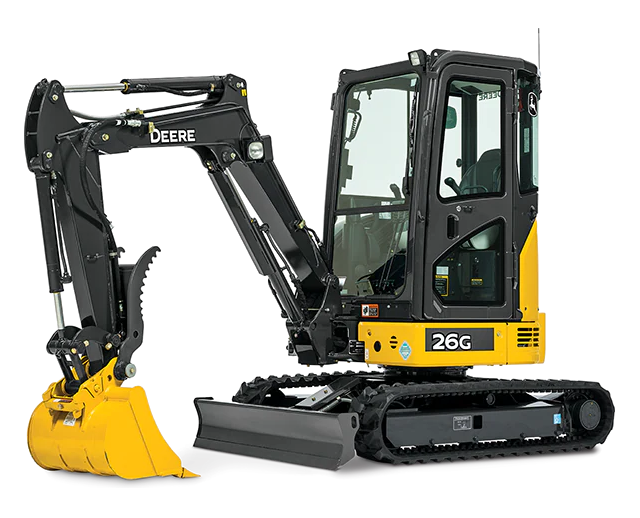Forklift Rental: Heavy Training Equipment for Warehousing and Extra
Forklift Rental: Heavy Training Equipment for Warehousing and Extra
Blog Article
Maximize Your Budget by Understanding the Prices Related To Building Equipment Services
Recognizing the full scope of prices related to building and construction equipment leasings is important for maximizing your spending plan. While the initial rental fee may appear simple, various additional expenditures-- such as transport, gas surcharges, and upkeep-- can quickly gather, affecting your economic planning. Being aware of numerous charges and the ins and outs of rental contracts can assist stay clear of unexpected economic burdens. What methods can be employed to successfully handle these costs and make certain an extra efficient rental experience?
Review of Rental Prices
When thinking about construction tools rentals, recognizing the connected prices is extremely important for efficient budgeting and task planning. Rental prices can differ dramatically based on numerous elements, consisting of equipment kind, period of rental, and place. The first rental charge usually reflects the devices's market need and its associated functional capabilities, influencing the total expense.
Along with the base rental price, ancillary expenses might occur, such as transport fees, fuel additional charges, and upkeep fees. It is important to make up these additional expenses to precisely analyze the overall price of renting equipment. Moreover, the rental duration can influence pricing; longer services might receive reduced prices, while temporary rentals may incur greater day-to-day costs.

Break Down of Rental Rates
A comprehensive understanding of rental rates is essential for specialists and job supervisors intending to optimize their budgets. Rental prices for building and construction devices normally are composed of a number of components, including base rates, time-based charges, and use charges.
Base rates are the core charges related to the leasing of the tools, frequently determined by the kind and dimension of the equipment. These prices can vary substantially, influenced by variables such as devices need, availability, and local market trends. Time-based costs, which might be daily, weekly, or monthly, serve to suit various job timelines and rental periods.
Furthermore, rental prices may include use fees, which are suitable when equipment is used beyond a defined limit, guaranteeing that the rental business can account for deterioration. Seasonal demand fluctuations can likewise impact rental rates, with peak building periods normally commanding higher rates.
Furthermore, understanding the rental business's plans concerning upkeep and insurance can supply more insight into the general price framework. By examining these elements, specialists can make informed decisions, making sure the selection of rental tools aligns with both project needs and spending plan restrictions.
Extra Charges to Consider
Comprehending the details of extra fees is important for specialists to manage their overall service costs effectively. Beyond the conventional rental prices, various additional costs can substantially impact the total price of devices leasing. These costs frequently include distribution and pick-up costs, which can differ based upon distance and logistics associated with moving the tools to and from the work website.
Moreover, some rental firms might enforce fuel additional charges if the demolition excavator tools is returned with much less fuel than when leased. It is also important to be mindful of potential cleansing costs, particularly for customized devices that needs extensive maintenance after use.

Thoroughly examining the rental contract and making clear these additional fees in advance can assist specialists avoid unforeseen costs and make certain that budget plans stay undamaged throughout the task lifecycle.
Repair And Maintenance Expenditures
Routine maintenance and fixing costs are often overlooked factors that can dramatically influence the overall more cost of building equipment rentals. When leasing tools, it is important to think about not only the rental charges yet also the prospective prices related to maintaining the machinery in ideal operating problem.
Many rental business consist of standard upkeep as part of the rental contract; nonetheless, more comprehensive fixings or unanticipated failures can result in added expenditures. It's important to evaluate the rental agreement thoroughly to click site understand what maintenance services are covered and what duties drop on the occupant.
Furthermore, equipment that is not well-kept can cause inadequacies on duty site, potentially triggering delays and enhancing project costs. To alleviate these threats, it is suggested to carry out normal evaluations and preserve open communication with the rental company relating to any type of concerns that occur during use.
Insurance and Liability Prices
Insurance policy and responsibility prices are critical parts that can dramatically affect the general expense of construction equipment services (scissor lift rental). These expenses ensure that both the rental firm and the client are shielded from possible monetary losses arising from crashes, damage, or theft throughout the rental duration

Furthermore, clients must be aware of any type of deductibles or exemptions in the insurance coverage policy, as these can affect possible out-of-pocket costs. Recognizing the terms of any kind of insurance coverage is important to stay clear of unexpected expenses. Inevitably, budgeting for insurance coverage and obligation costs can assist make sure a smoother rental experience and safeguard versus monetary threats connected with construction projects.
Final Thought
In final thought, an extensive understanding of the costs associated with construction tools services is necessary for reliable budget administration. Eventually, informed decision-making relating to tools rentals contributes to the overall success of construction endeavors.
Rental costs can differ significantly based on a number of factors, consisting of devices kind, period of leasing, and location (dozer rental). The rental period can affect pricing; longer rentals may certify for discounted prices, while short-term services might sustain greater everyday charges
By performing extensive research and engaging with trusted rental business, contractors can properly navigate the intricacies of rental pricing, eventually optimizing their financial resources.
Past the basic rental prices, various extra charges can substantially impact the complete expense of tools rental. Rental business usually offer responsibility insurance coverage that covers injuries to third parties or damages to residential or commercial property, while devices damages insurance can cover the expense of repairs or replacement if the leased tools is harmed.
Report this page